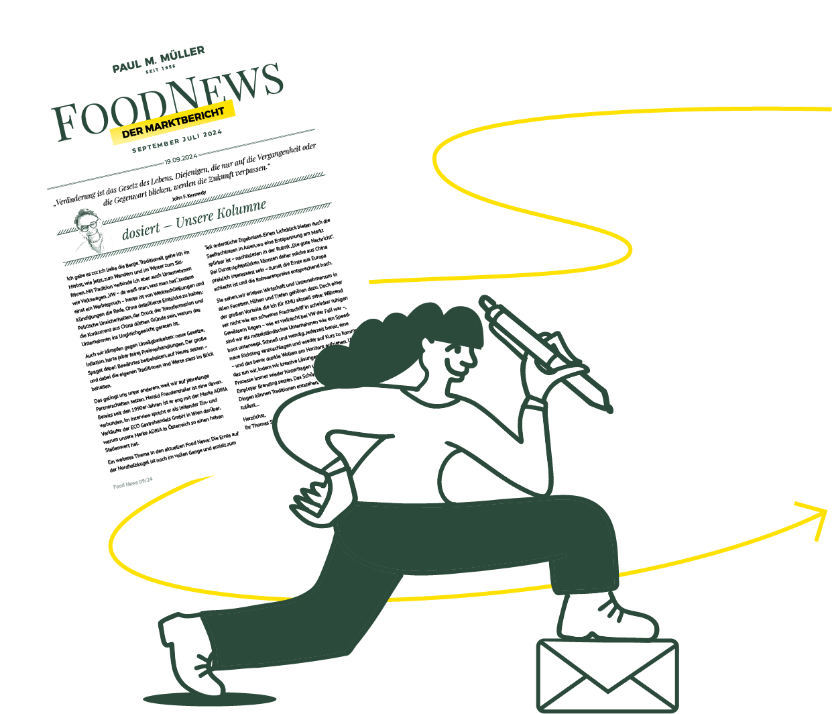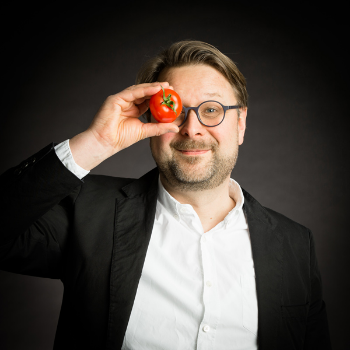We love summer: Sunshine, vacations, and happy moods on mild evenings with dear people. But as beautiful as summer is, it can also be oppressive and stressful. In particular extreme temperatures and drought are a danger to people, the environment, and also agricultural production. The mood of many people can be described as clouded and burdened. No one can look to the future with a light-hearted outlook: There is still war in Europe, discussions about political decisions to increase tolls are doing the rounds, and the economic sky just doesn't seem to be getting any brighter... No wonder we are asking ourselves more and more frequently: What will happen next? How will purchasing and consumer behavior develop?
We at Paul M. Müller are also currently dealing with many questions. Against the background of rising prices, however, we are discussing something totally different: Are prices really TOO HIGH at the moment? Or have they been TOO LOW for years? “Cheap is cool" was the advertising slogan of an electronics store years ago. A slogan that ignored everything it takes to produce high-quality goods: Great knowledge and expertise, excellent production conditions and the best factors outside. All of which, of course, also apply to the production of food. The sad fact is, however, that this year we are once again dealing with extreme weather events. You can read how these are specifically affecting various product categories in this market report.
And then there's the other side: "Crises make you strong" is how Erwin Erb, Managing Director of Miesbacher Gastroservice, appropriately sums it up. On the occasion of the company's 50th anniversary, we asked him about the company's greatest successes, challenges, values, and future goals. His credo: Yes, crises bring change but they can also bring positive and lasting change.
You can also look forward to good news from our quality assurance department and a mini-interview with our new employee Christiane Abel. Yes, you read that right: We continue to grow and look positively into the future. Because you can't think negative and expect positive. This is true in business as well as in private life. Maybe there is even a nice vacation coming up for you soon? I wish you a wonderful time with good thoughts, delicious food, and lots of relaxation. Because as you now know: We love summer.
Yours, Thomas Schneidawind
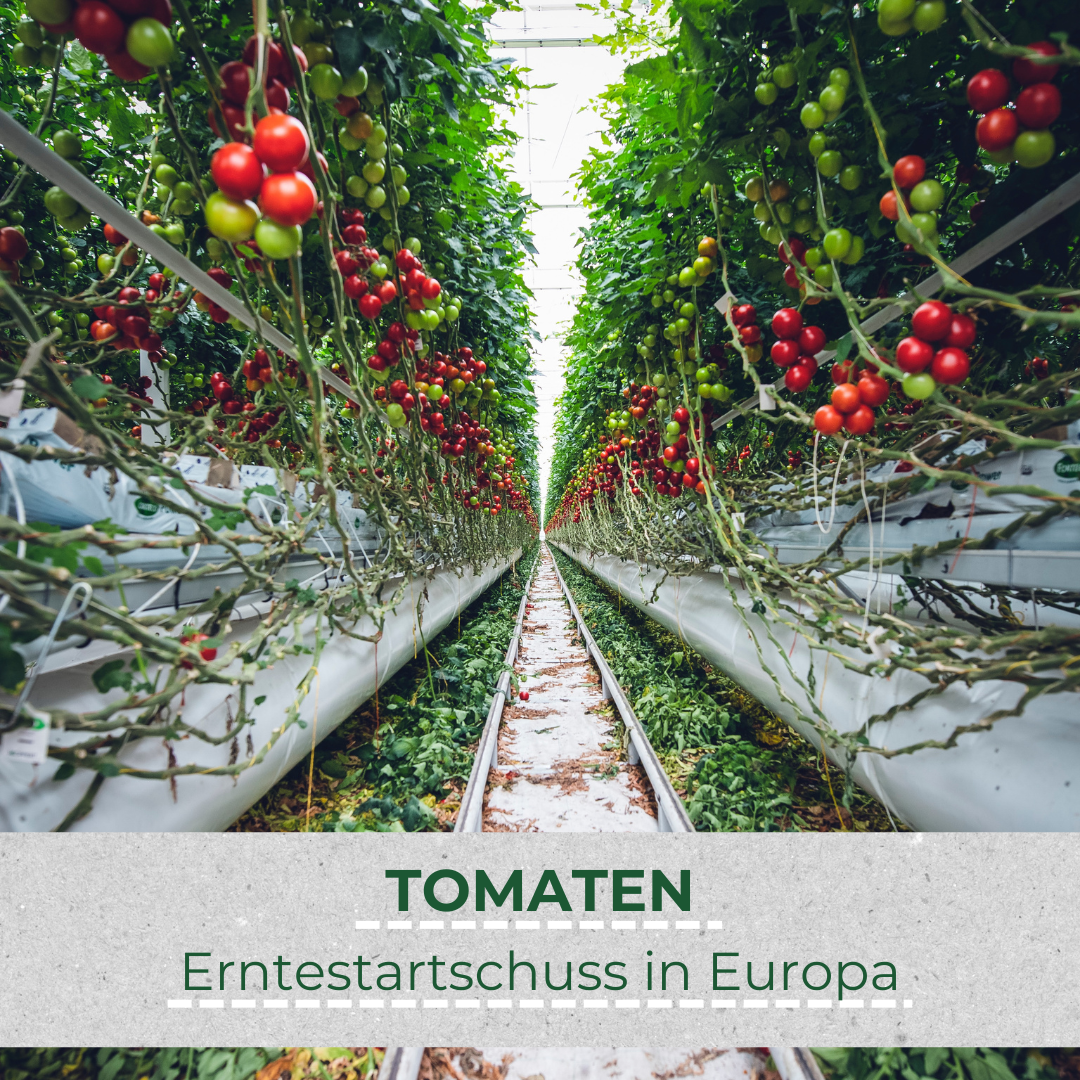
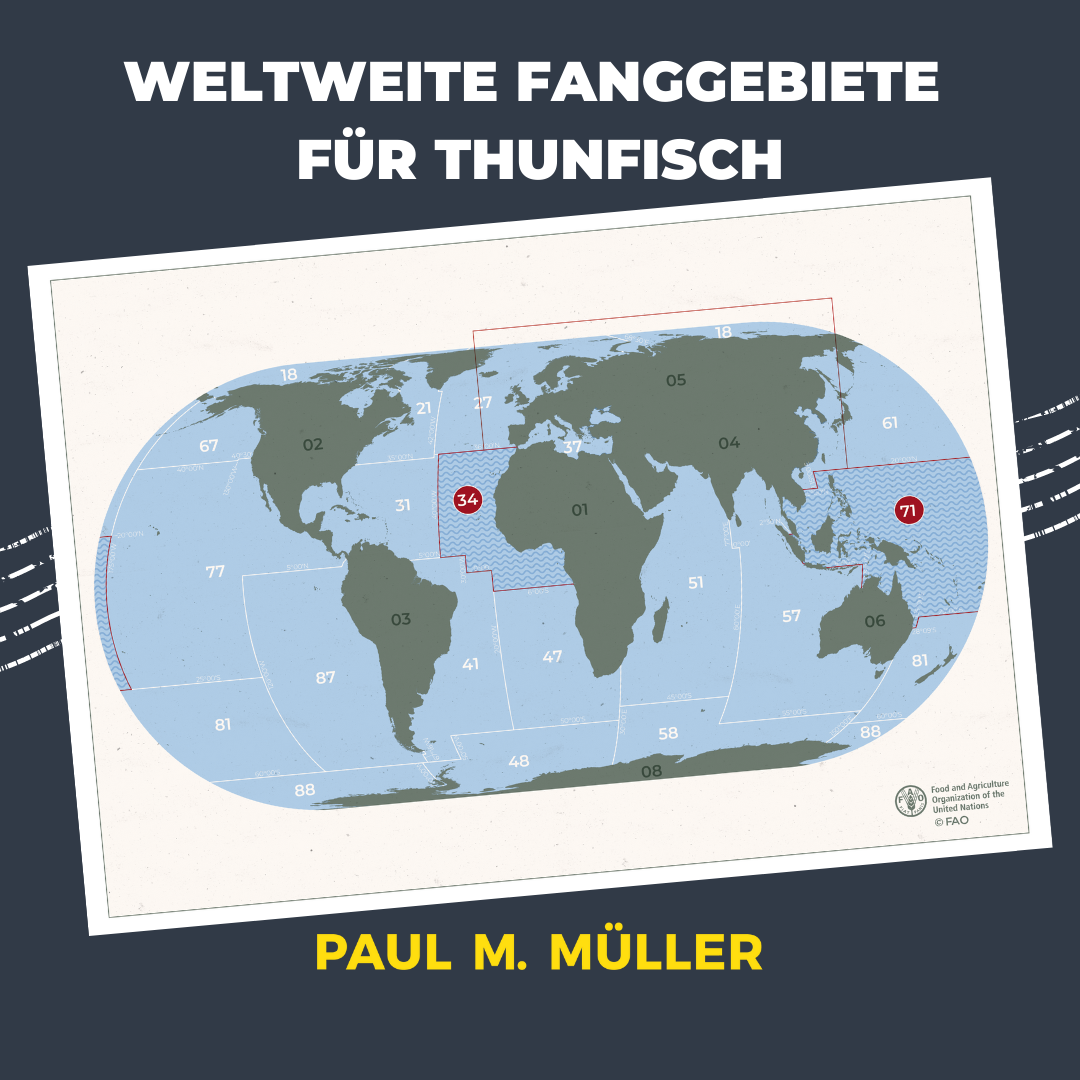
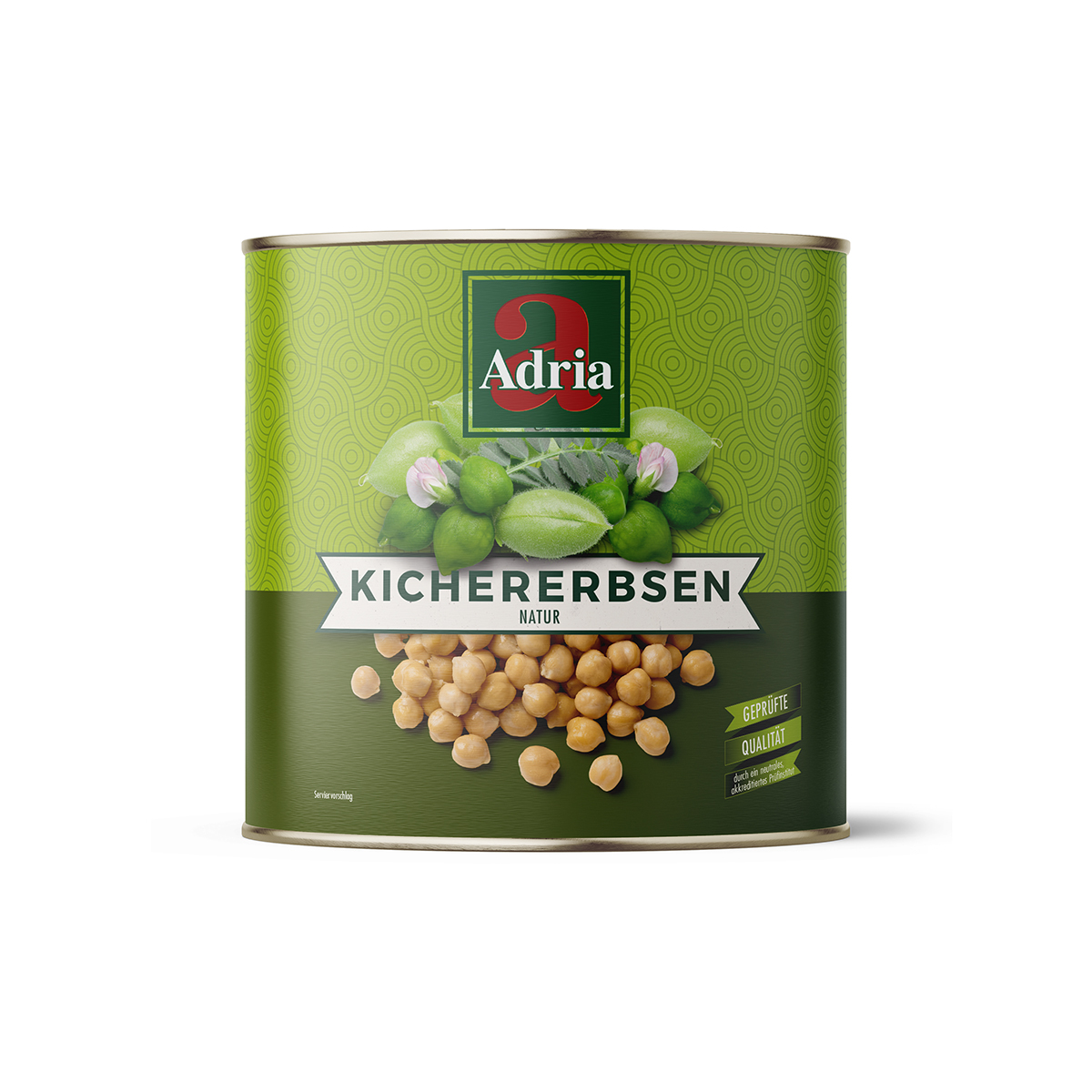

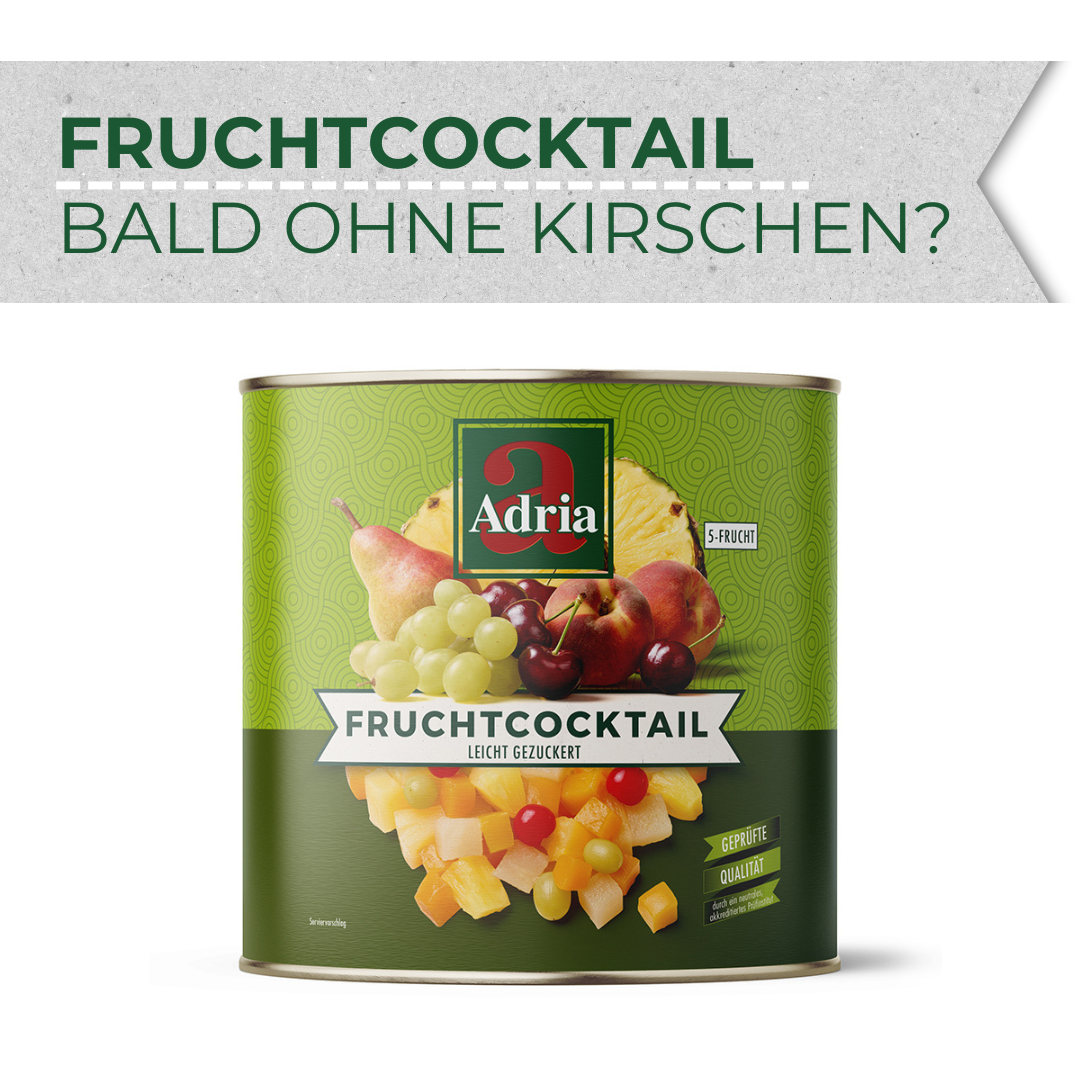
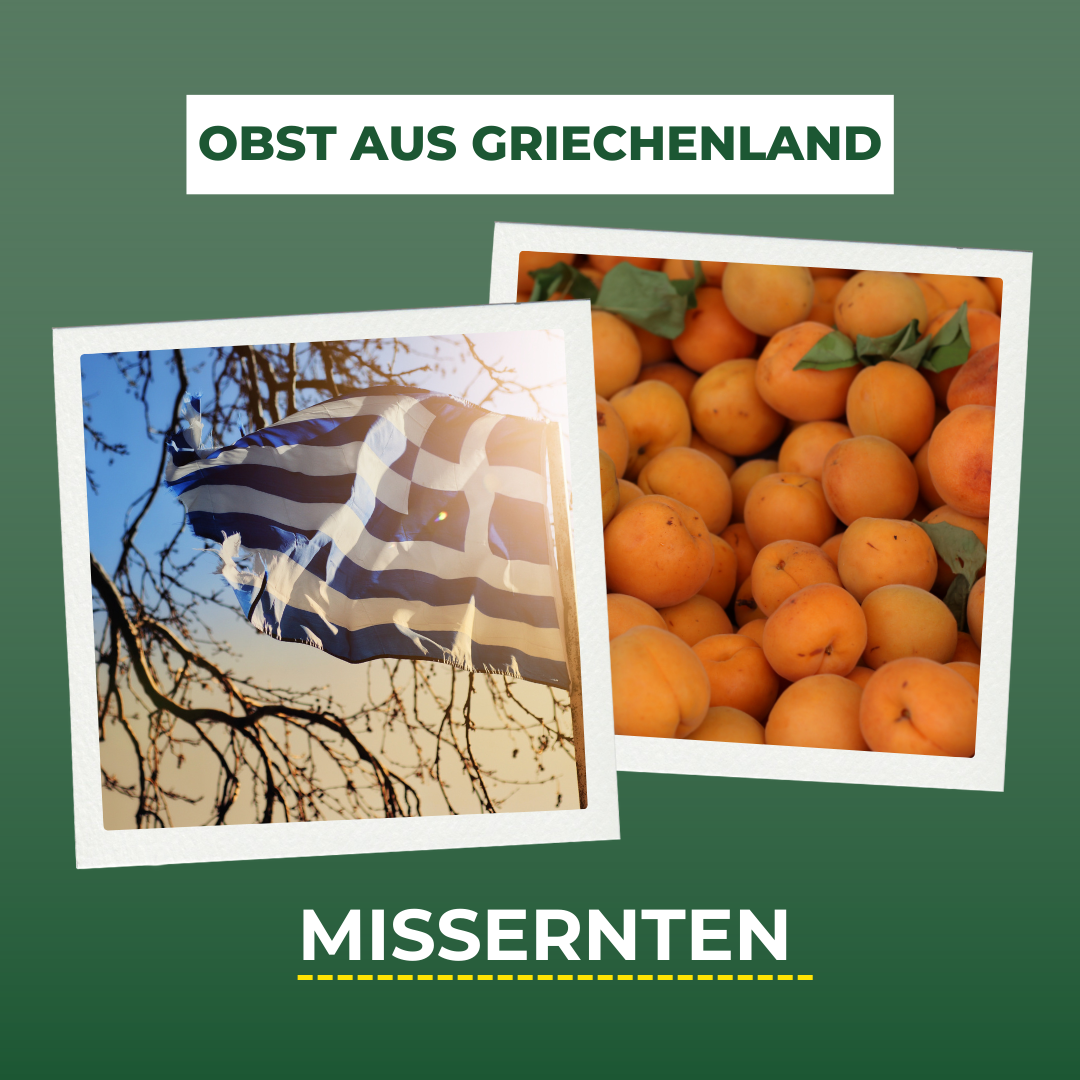
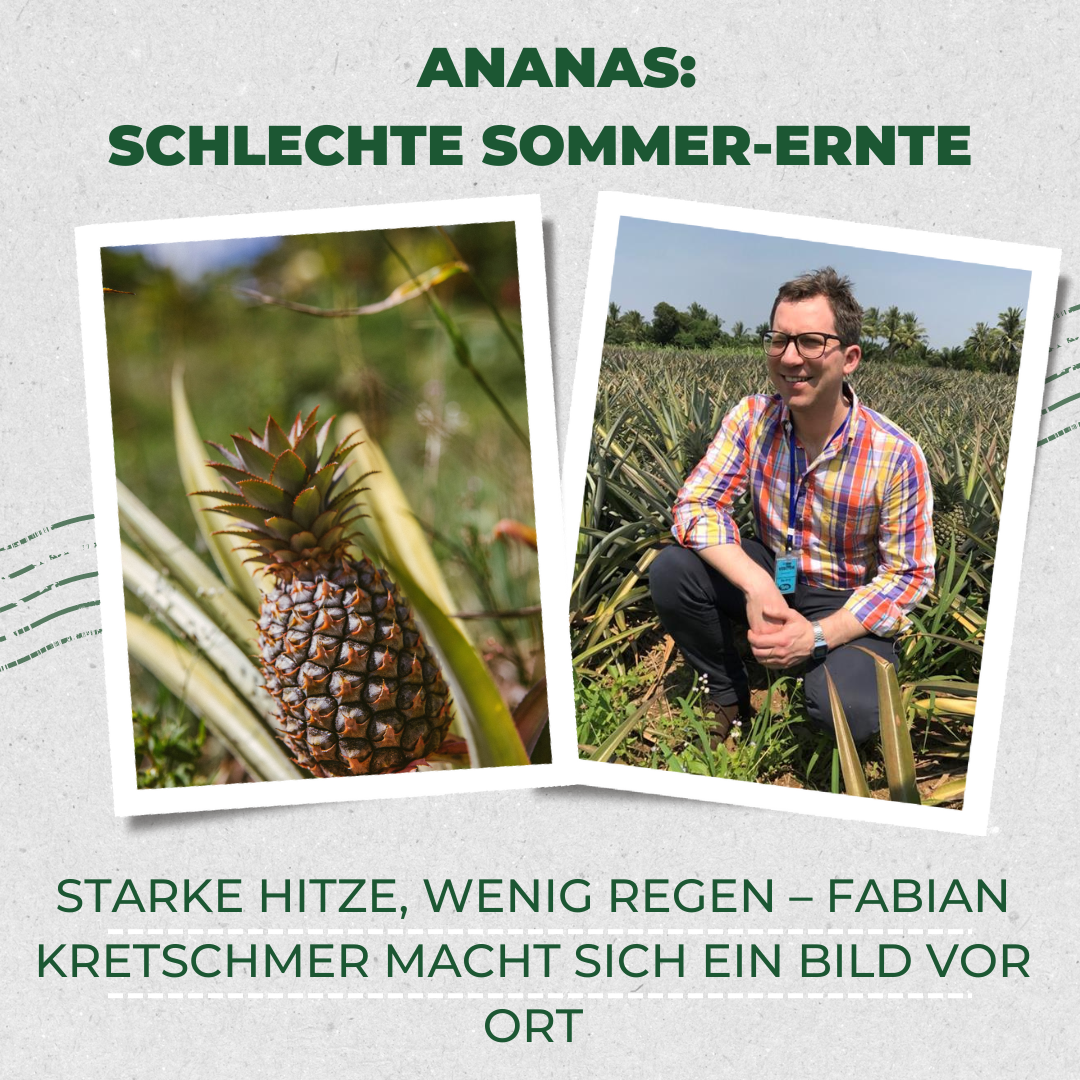

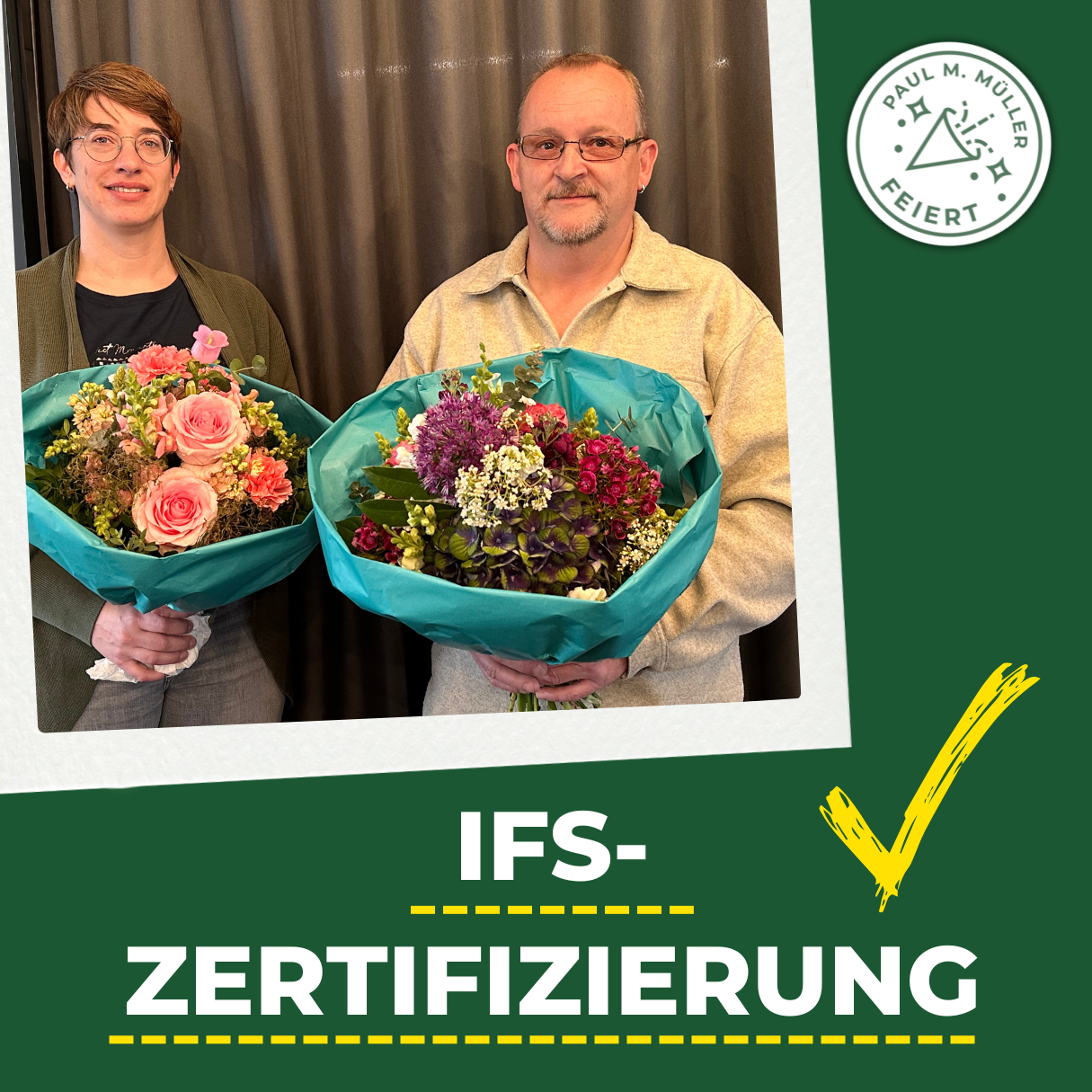

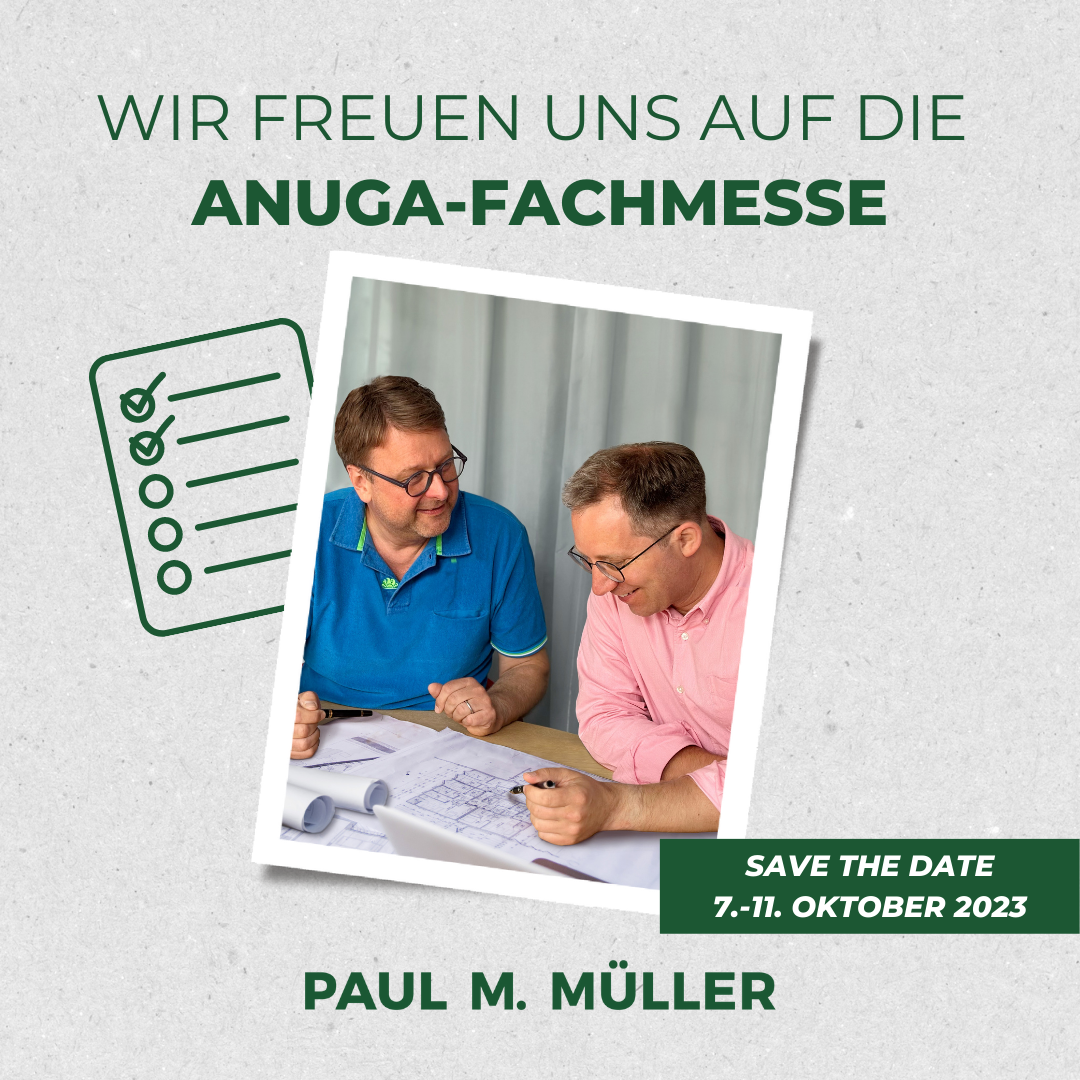 Our personal trade show highlight in 2023 is approaching: The
Our personal trade show highlight in 2023 is approaching: The 


